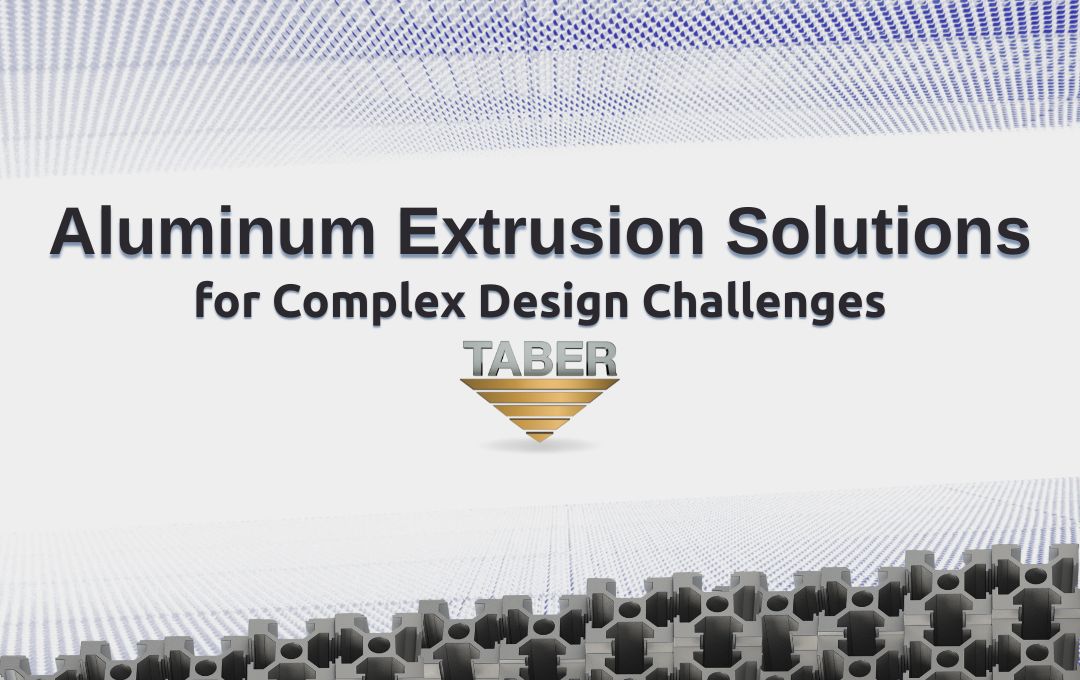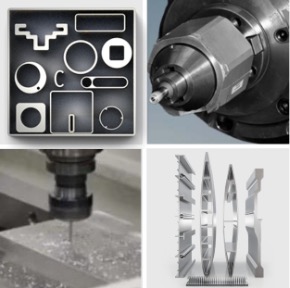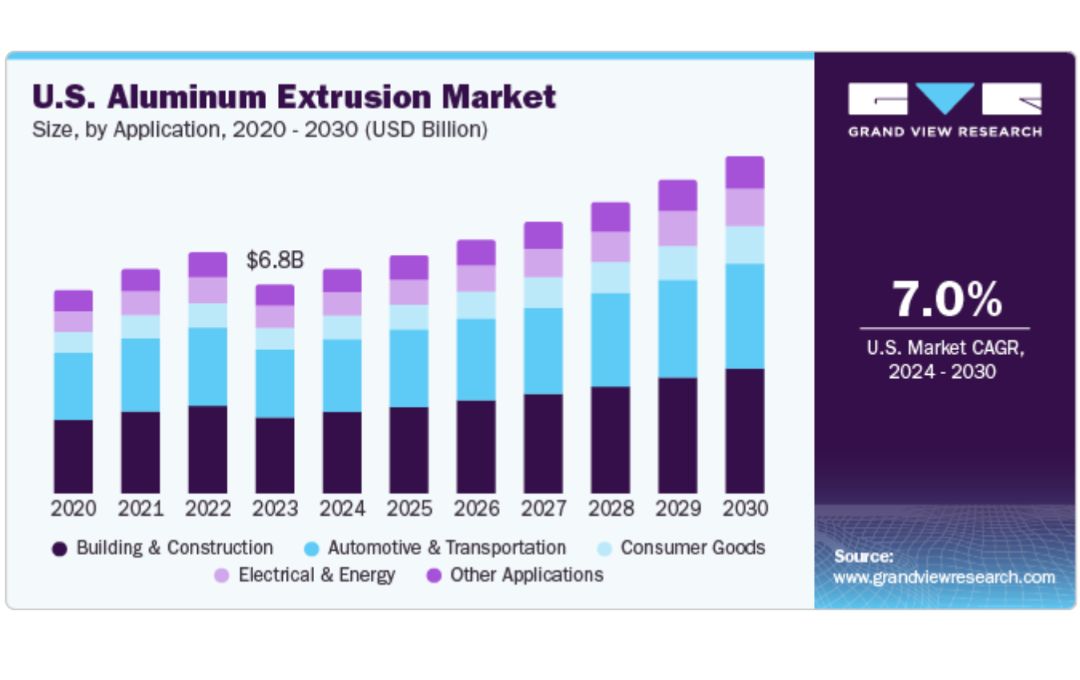
Key Takeaways:
- Ask the right questions early. Technical (tolerances, welding, secondary services) and business (lead times, incomplete specs) factors determine project success.
- Incomplete specs are a major risk. Missing alloy, finishing, or machining details can delay delivery and drive redesigns.
- Choose a partner that delivers advanced aluminum extrusion solutions with precision, compliance, and reliability.
When projects are required to deliver more than simple shapes, aluminum extrusion solutions are recognized as the backbone of innovation. Meanwhile, engineers and procurement specialists are confronted with an ever-growing list of challenges, including tighter tolerances, multi-functional designs, stricter compliance requirements, and rising costs. The question is not whether aluminum extrusions can meet these demands, but whether both the technical complexity and business requirements of a project can be managed by an extrusion partner without unexpected issues arising.
What Questions Should You Ask an Extrusion Partner?
The success of an extrusion project hinges on asking the right questions up front. These go beyond “Can you make this shape?” and dive into both technical and commercial realities.
Technical Questions
- Can you produce precision aluminum extrusions at the required tolerance?
- Some projects demand sub-millimeter accuracy. For example, micro-extrusion is crucial for aerospace and defense components, where even slight deviations can lead to functional failures.
- Do you offer secondary services?
- In-house aluminum fabrication and machining capabilities can eliminate supply chain risk by reducing the need to ship parts across multiple vendors.
- What are your welding solutions?
- Advanced processes, such as friction stir welding, enable the creation of strong, defect-free joints that traditional welding cannot achieve.
Business Questions
- What are your lead times, and how do you mitigate disruptions?
- Supply chain resilience is no longer optional. With U.S. smelter output shrinking and energy competition rising (Reuters), procurement teams need assurance that partners can adapt quickly.
- How do you handle incomplete specs?
- A strong partner helps refine specs early, preventing cost overruns and delays later in the process.
The Risk of Incomplete Specifications
One of the most common pitfalls in extrusion projects is caused by incomplete or vague specifications. While a profile shape may be provided by engineers, alloy requirements, finishing needs, or machining details are often omitted. As a result, downstream challenges are created:
- Incorrect alloys can compromise strength or corrosion resistance.
- Overlooked finishing needs can delay final delivery.
- Missing machining details often result in costly redesigns.
Furthermore, the Aluminum Association emphasizes consistency in aluminum production and use, highlighting the importance of clear communication. The most effective way to avoid these issues is to partner with an extrusion provider that collaborates during the design phase, offering engineering support to guide alloy selection, tolerances, and secondary processes.
Why These Questions Matter More Than Ever
The demand for industrial aluminum extrusions is being observed to rise steadily. The U.S. market alone was valued at $6.78 billion in 2023, with growth expected to continue at a 7% CAGR through 2030 (Grand View Research). At the same time, domestic supply is placed under pressure, as only six smelters remain active in the U.S., down from 33 in 1980.
For procurement officers and engineers, two key considerations are highlighted:
- Capacity is critical. Projects that are larger or more complex can be accommodated by extruders equipped with advanced presses.
- Collaboration is essential. When specifications are unclear, partners with deep technical expertise can bridge the gap, ensuring industry standards are met while maintaining timelines.
Why Taber Extrusions Fits the Bill
After asking the tough questions, you need a partner who can deliver on both the technical and business fronts. Taber Extrusions offers.

- Broad alloy capabilities across 2XXX, 5XXX, 6XXX, and 7XXX series
- Specialty processes, including friction stir welding and micro-extrusions
- Integrated fabrication and precision machining services
- A proven track record across aerospace, defense, transportation, and industrial markets.
For engineers and procurement officers, this means fewer surprises and more reliable outcomes. Before committing to your next project, download Taber’s aluminum profiles resource, a starting point for understanding how different shapes and designs can support your goals.
When specifications are incomplete or challenges are complex, Taber delivers custom aluminum extrusion solutions that balance technical precision with business realities. Contact Taber Extrusions today for a complimentary consultation or request a quote to get started.

